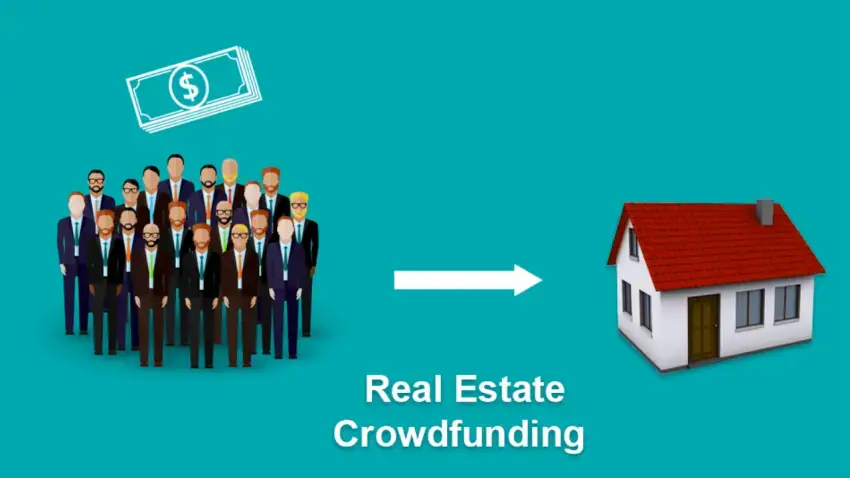Unlocking Real Estate Investment Through Crowdfunding
In recent years, the world of real estate investment has seen a revolutionary change thanks to crowdfunding. Traditional barriers to entry, such as the need for substantial capital and extensive industry knowledge, are slowly crumbling, making real estate investments more accessible to a broader audience. In this blog post, we'll explore the fascinating world of crowdfunding, how it works in general, and its specific application in the realm of real estate.
Understanding Crowdfunding
Crowdfunding, in its essence, is a collective effort where a large number of individuals pool their resources to support a project, idea, or venture. This method of financing gained popularity with platforms like Kickstarter and Indiegogo, which allow backers to support creative projects in exchange for rewards or early access.
The Mechanics of Crowdfunding
- Platform Selection: Crowdfunding real estate projects begins with choosing a reputable crowdfunding platform that specializes in real estate. Popular platforms include RealtyMogul, Fundrise, and CrowdStreet.
- Project Selection: Once you've selected a platform, you can browse through a range of real estate investment opportunities. These could include residential, commercial, or even mixed-use properties.
- Investment Decision: Investors can typically review project details, including the location, expected returns, and the developer's track record. This information helps them make informed investment decisions.
- Capital Contribution: Investors can participate with varying levels of capital, depending on the platform's rules. Some platforms allow investments with relatively small amounts, making it accessible to a wider audience.
- Ownership and Returns: Investors become partial owners of the property and share in the returns, typically through rental income or property appreciation. The specifics vary from project to project.
Why Crowdfunding Real Estate?
- Diversification: Crowdfunding allows investors to diversify their real estate portfolio easily. You can invest in multiple properties across different locations and property types.
- Lower Entry Barriers: Traditional real estate investments often require substantial capital. Crowdfunding reduces the minimum investment, enabling more people to
participate. - Transparency: Crowdfunding platforms provide detailed information about projects, enhancing transparency and allowing investors to make informed choices.
- Access to Expertise: Some platforms offer access to seasoned real estate professionals who manage the properties on behalf of investors.
- Reduced Risk: Spreading investments across multiple projects can help mitigate risk.
Challenges and Considerations
While crowdfunding real estate offers many advantages, it's important to consider potential risks and challenges. These may include project delays, market fluctuations, and the illiquidity of investments. It's crucial to conduct thorough due diligence and assess your risk tolerance.
Conclusion
Crowdfunding real estate projects has democratized the world of real estate investment, making it more accessible and inclusive. As a seasoned professional in software development, project management, and general management, you can leverage your expertise to navigate the world of crowdfunding with confidence. Explore different platforms, diversify your investments, and enjoy the benefits of a more flexible and accessible approach to real estate investing.
